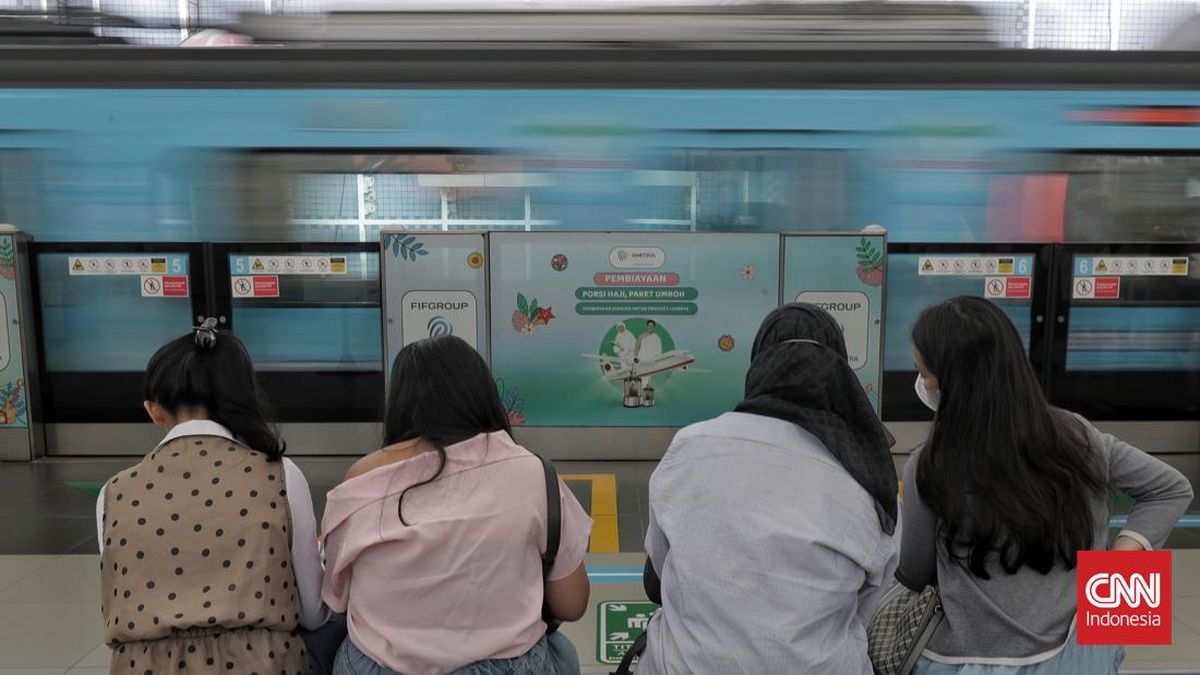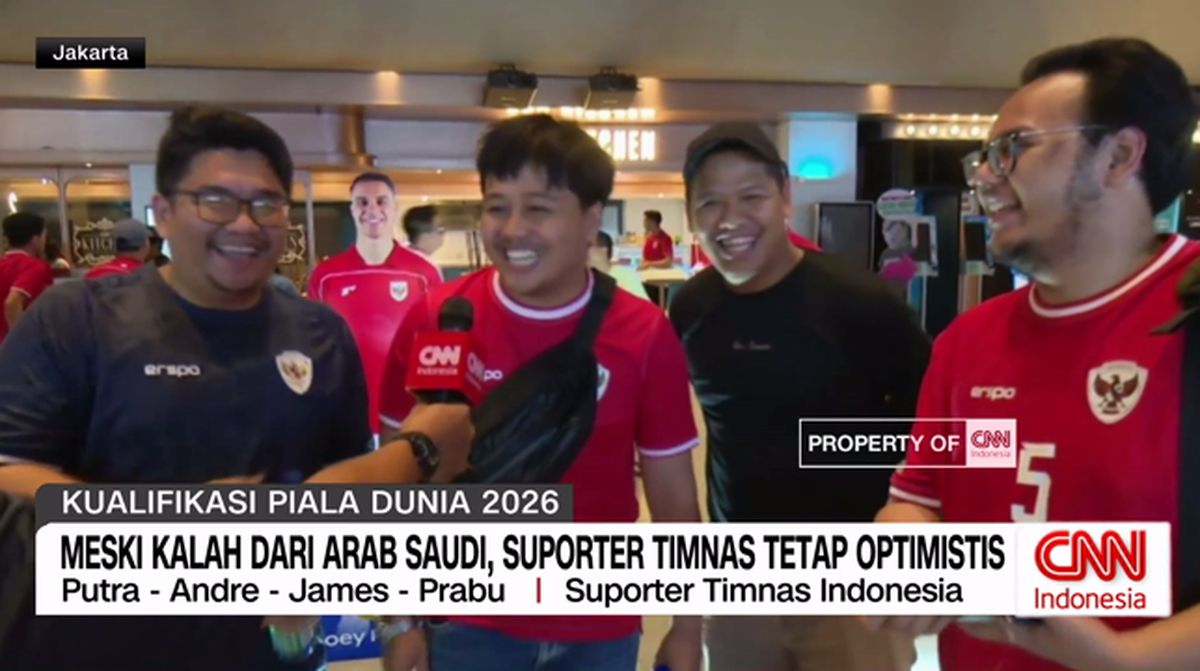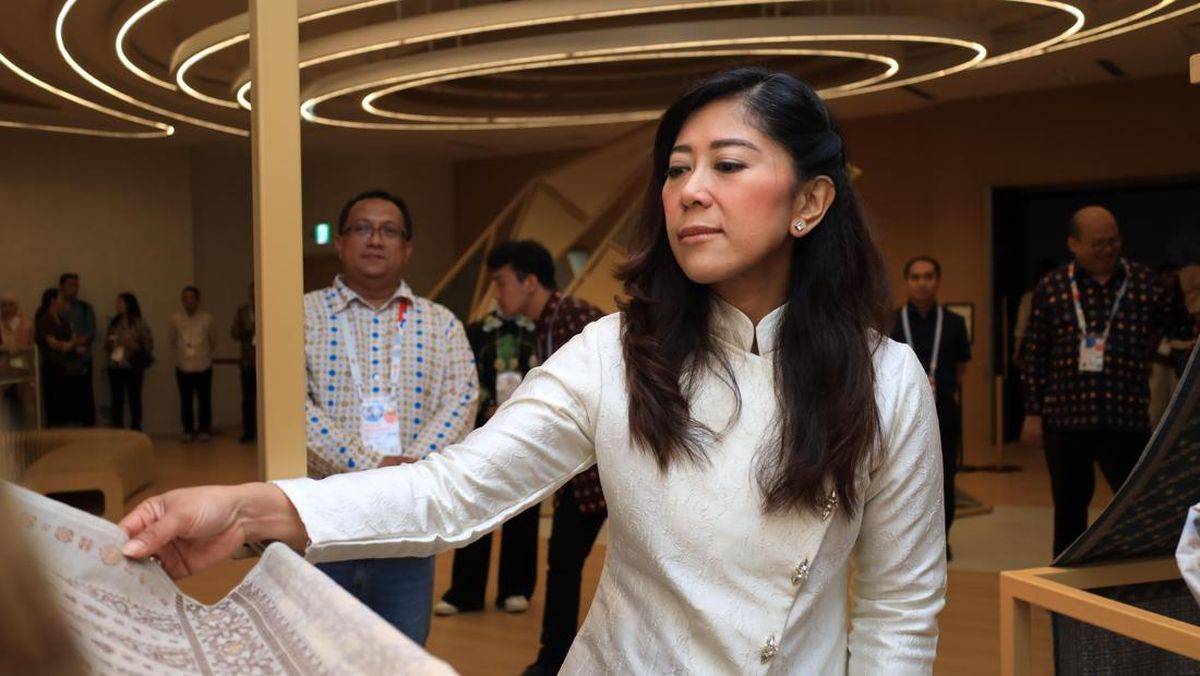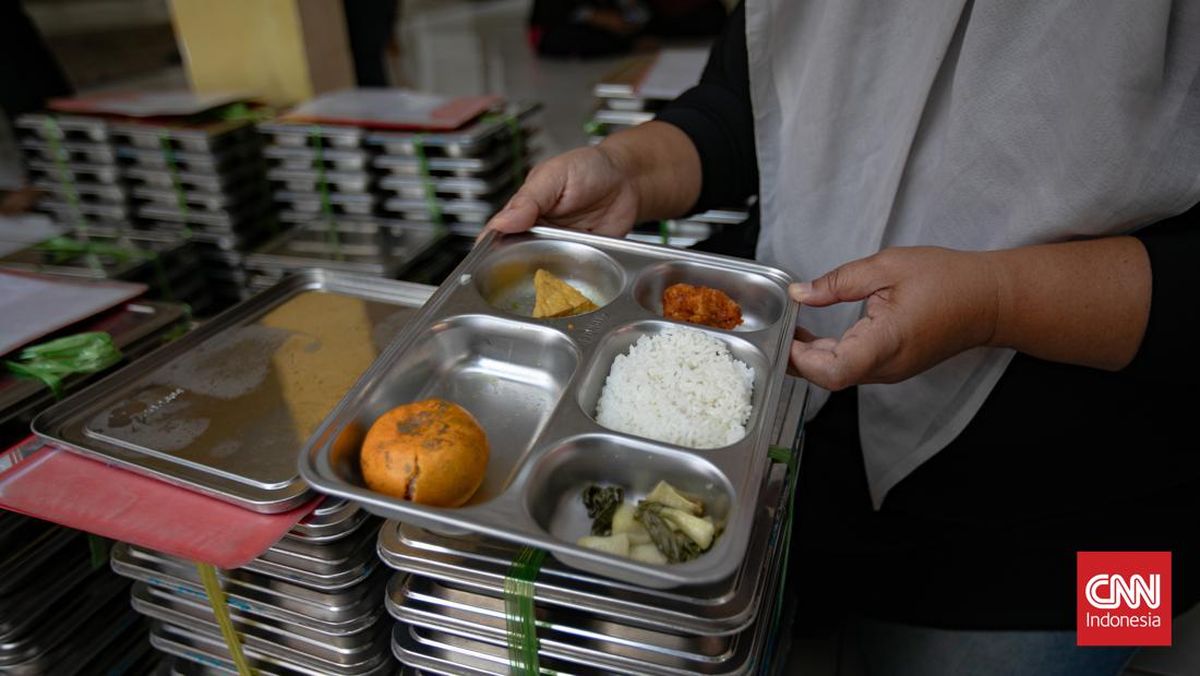Academics have warned that some university students lack the level of English language proficiency required to succeed in tertiary study and the workforce, such as the ability to compose an email, which is ultimately driving them to cheat on assignments.
A University of Sydney study canvassed the views of 20 sessional academics working at unnamed higher education providers across the city, noting some students are reticent to perform basic tasks without the help of artificial intelligence out of fear they will make mistakes.

Perfectionism and language barriers are driving students to cheat at university, academics say.Credit: Sam Mooy
“A growing concern in higher education is that many students graduate with critical skill gaps,” the paper by Sydney University’s Dr Lova Andriamora said.
In addition to students’ fear of failure, the academics said contextual pressures, institutional shortcomings, language barriers and perfectionism all contributed to the prevalence of cheating.
“I had a student who told me straight out, ‘I’m scared to write it myself because I might get it wrong and fail’.”
In another case, an academic said a master’s degree graduate got a job as an HR manager but could not compose a professional email without assistance. Within a week, they were fired, the study said.
“One participant in this study stated, ‘Some people got a master’s degree but don’t even know that when writing their name, it should start with a capital letter’.”
When it came to contract cheating, a term coined in 2006 to describe the commercial practice of students paying others to complete entire assignments, it said a 2000-word essay could be outsourced for as little as $25.
“A primary factor cited by 12 participants was the challenge of studying in a non-native language. For many international students, language barriers create academic disadvantages and increase their reliance on external help,” the paper said.
Another academic said: “It’s not that they want to cheat – some of them just don’t have the language or writing skills to complete assessments the way we expect.”
The academics said they believed contract cheating was declining, replaced by generative artificial intelligence, with 17 of the 20 academics describing its use as widespread.
Loading
Group of Eight chief executive Vicki Thomson said the research-intensive institutions her organisation represents, which typically have a higher proportion of international students, had high English language requirements.
“The suggestion that international students are being ‘set up to fail’ does not reflect the reality at our universities – this report, which is narrow in scope, is not relevant nor reflective of the high-quality students or reputable universities like the [Group of Eight],” she said.
She said the institutions she represents were committed to ensuring students are well-prepared for the demands of academic study.
“The use of digital tools, including translation aids and generative AI, is evolving rapidly, and we are actively engaging with students and staff to ensure these technologies are used ethically and effectively.”
Earlier this month, the University of NSW’s cheating report said reported cases of “less serious plagiarism” doubled last year – which was attributed to the increase in artificial intelligence and better detection. The highest concentration of substantiated cases of plagiarism and academic misconduct in 2024 was at UNSW College, which offers pathway programs for international and domestic students.
Western Sydney University academic integrity expert Professor Cath Ellis said official data relating to cheating was only a reflection of the number of cases an institution had been able to detect.
“I think there’s a lot of guesswork,” she said.
Ellis said it was impossible to know the true scale of cheating because universities only had data on cases that had been detected. Similarly, she said it was also impossible to know if the use of contract cheaters was also being replaced with AI.
Her previous 2018 research has found that students with lower English language ability were more likely to cheat on assignments, noting that for those on a student visa, the stakes of not passing an assignment were much higher.
Loading
“Because of their visa status, if they fail a certain number of subjects, they can have visas revoked … the outcomes of failing to progress are materially different for an international student versus a domestic student.”
Earlier this year, Sydney University warned contract cheating companies were becoming increasingly sophisticated in their attempts to attract new students as customers, with companies in some cases assisting students with finding accommodation and wellbeing support before quietly trying to tempt them with their cheating services.
Start the day with a summary of the day’s most important and interesting stories, analysis and insights. Sign up for our Morning Edition newsletter.
Most Viewed in National
Loading


















































